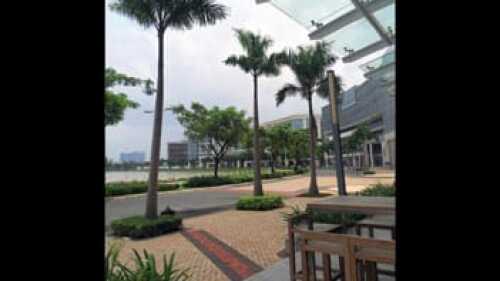Few commercial real estate sectors were hit as hard by the recession as retail, which experienced an unprecedented drop in sales. Coming out of the recession, retailers face a multitude of challenges including online commerce with its 24/7 access, changing consumer behavior, a stagnant macroeconomic environment, price transparency, increased competition, and low barriers to entry.
How retailers and their landlords can reposition and restructure for the future was the topic of a panel at the ULI Spring Meeting in Charlotte, North Carolina, moderated by Alan Billingsley of RREEF Real Estate. Robert L. Grossman of Deloitte Consulting kicked off the presentation by saying that shopping malls need to stay in business as destinations “because we don’t want our kids home all the time.”
“Differentiation in retail used to be about location and convenience, but now all retailers can be equally convenient online,” Grossman said, adding that online sales growth has outpaced traditional growth since 2009. By 2015, he said, $175 billion in sales will shift out of stores to online commerce, creating surplus real estate.
Major national retailers already have taken significant steps to reshape the shopping experience for their customers. In addition to decreasing their total footprint as leases expire, they are using existing bricks-and-mortar space to showcase their products, offer new services and a customized experience, and create a “store within a store” environment, all while integrating their physical stores with online sales. Examples include:
- Athletic shoe stores that allow customers to “test drive” the shoes by running on a treadmill or indoor track, and even custom-design their own unique shoes.
- Apple, Best Buy, and other stores that offer a strong in-store service component for their high-tech products.
- Bass Pro, which recreates the outdoors indoors.
- Stores within stores, such as Lands End at Sears and Sephora at J.C. Penney, which not only enliven the shopping experience but also help use excess space.
Even more traditional repositioning can turn around conventional shopping centers, said Michael Carroll of Brixmor Property Group. The company has capitalized on the popularity of leading grocers, such as Publix and Dillons, by building new and larger prototypes. In Baltimore, Brixmor tore down most of a failing shopping center and brought in Wal-Mart, raising the center’s occupancy from 17 to 90 percent.
Another group involved in repositioning shopping centers is Equity One. Beginning with a portfolio of 200 shopping centers, the company began selling off its smaller centers and buying larger ones in better markets, while simultaneously “mining” its existing portfolio and looking for opportunities to create value, said President Thomas Caputo. In one center, the company replaced an outdated movie theater with Kohl’s; in another, L.A. Fitness replaced a call center. In a small Florida center, a tranquil courtyard had become a dead spot, so Equity One replaced it with inline shops. Sometimes, said Caputo, all it takes is some “tweaking.”



